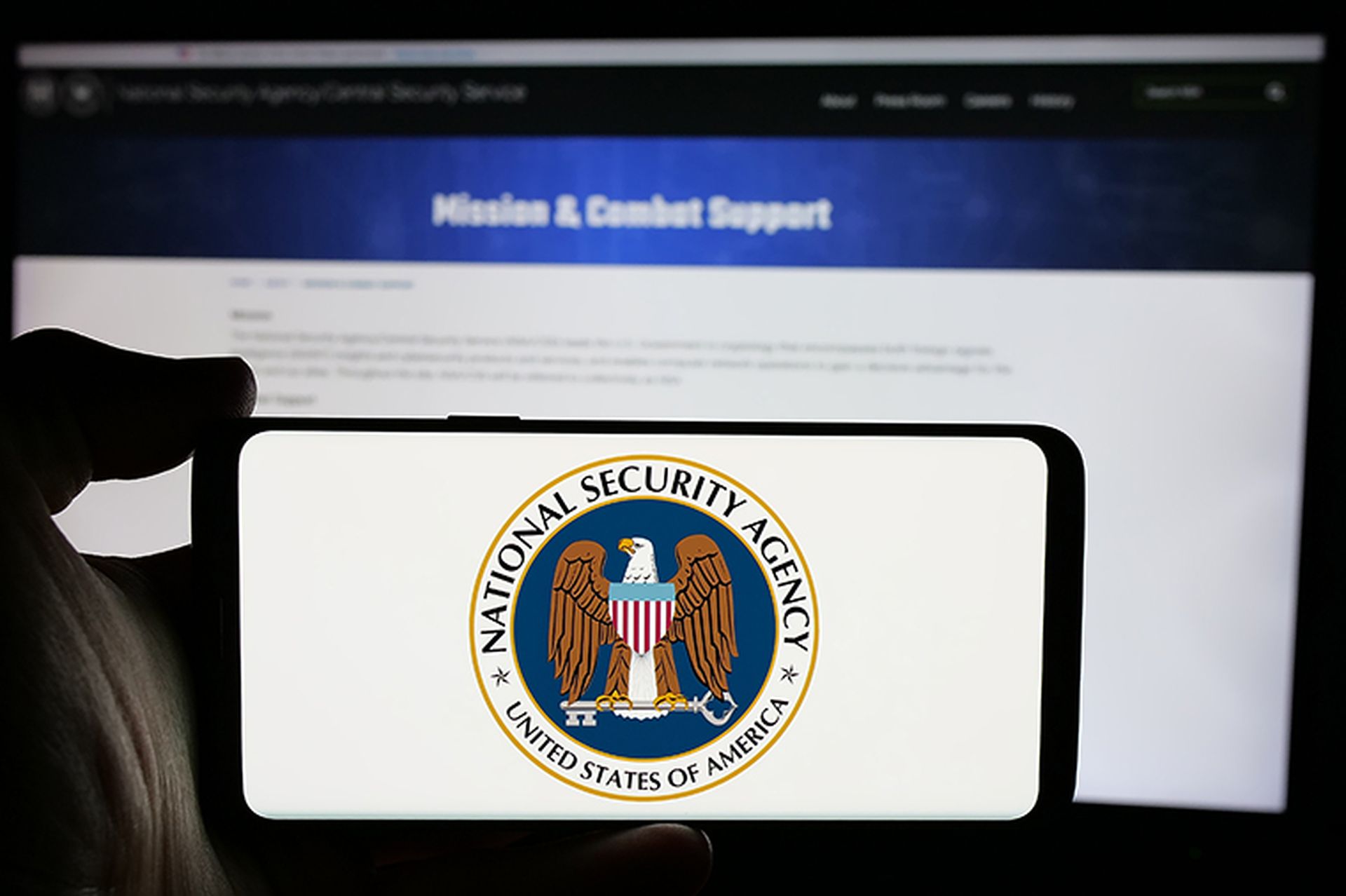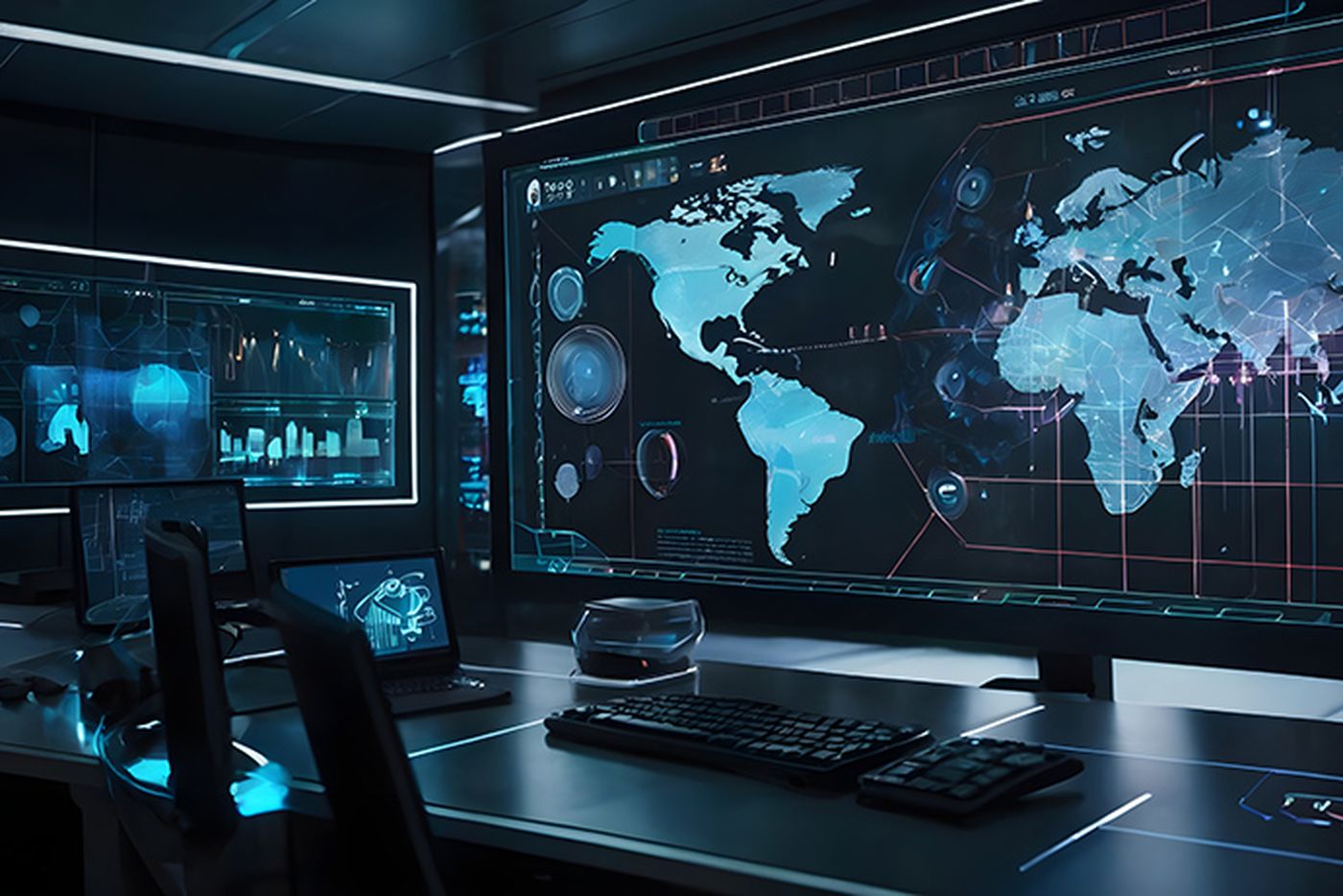During her speech, Napolitano reiterated statements made by President Obama in May, that the nation's digital networks are a strategic asset and that “cyberspace is real and so are the risks that come with it.”
Addressing and mitigating cyberthreats is an urgent national security priority, she said. But cybersecurity is not the responsibility of one person or group since no one person is in charge of the internet. Cybersecurity, rather, is a responsibility that everyone must take on.
“Just as with our nation's preparedness for natural disasters or terrorist attacks, our nation's cybersecurity is a shared responsibility,” Napolitano said.
During a short question-and-answer session during her web address, Napolitano was asked whether she thinks technology and cybersecurity should have a place in the president's cabinet.
“I am not sure I think a cabinet level-position [for technology and cybersecurity] is necessary,” Napolitano said. “The reason is that cyber runs through everything we do as a government. It's hard to segregate it out.”
Those in the government have learned that segregating information technology is “no longer adequate,” she said.
“Cyber is part and parcel of everything we do,” she said. “What we need to do is make sure it's part and parcel of our thinking in all our departments.”
Napolitano briefly made reference to the still-vacant federal “cyber coordinator” position that Obama created in May. The post is expected to be charged with overseeing the White House cybersecurity office and integrating all cybersecurity policies for the government. Since Obama's announcement, some have expressed disappointment that the position was not immediately filled.
As for the DHS' role in securing cyberspace, Napolitano said the department is leading the effort to secure federal civilian government “.gov” networks and is partnering with the private sector to secure “.com” networks or, as she called them, “the networks that power our economy.” In addition, the DHS is working to educate Americans about the practical measures they can take to improve their safety online.
As part of those efforts, in June, the DHS appointed Philip Reitinger, a former Microsoft cybersecurity executive, as the director of the National Cybersecurity Center. In addition, the DHS is working to consolidate the number of external connections federal agencies have to the internet.
“As aggressive as we are being, as fast as we're moving, our cyber adversaries will continue to succeed — unless our nation rises to this challenge in new way,” Napolitano said. “We can't treat this as a government issue or corporate issue.'”
Also, in October, the DHS announced that it plans to hire up to 1,000 people to fill cybersecurity jobs across the agency. During her speech, Napolitano encouraged individuals to apply for the positions that are currently open.
She also urged home users to take action because, if their computers are compromised, the machines can be used to launch attacks against business and government.
She recommended citizens install firewalls and anti-virus solutions, update their operating systems and applications with the latest patches, practice cautious internet usage, back up files regularly, use strong passwords and educate children about the importance of cybersecurity.



